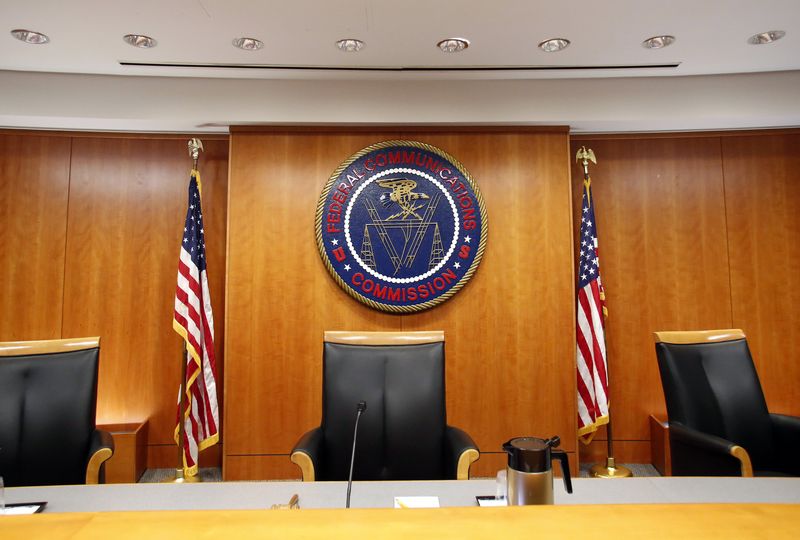By Alina Selyukh and Malathi Nayak
WASHINGTON/NEW YORK (Reuters) - Trade associations representing large U.S. Internet service providers are expected to take the lead in suing the Federal Communications Commission over its new web traffic regulations, according to several people familiar with the plan.
U.S. telecom and cable firms have said they would challenge the FCC's latest "net neutrality" rules in court. But at least some companies, including Verizon Communications Inc (NYSE:VZ), are currently not planning to bring individual lawsuits and instead aim to participate through trade groups, the sources said.
Such an approach would allow companies to streamline their litigation efforts and could help firms avoid drawing any fire individually, as Verizon did after it challenged the previous version of net neutrality rules on its own in 2010.
At least three trade groups are expected to file legal challenges: CTIA-The Wireless Association, the National Cable and Telecommunications Association and the broadband association USTelecom, the sources said. The three trade groups declined comment.
Other trade groups such as the American Cable Association and the National Association of Manufacturers are weighing whether to participate in litigation, representatives said.
"We believe there will be a lot of litigation, which will probably be led by industry associations," Verizon Chief Financial Office Fran Shammo told Reuters this week.
The company is likely to hold back from filing an individual lawsuit, said an industry source familiar with Verizon's plan, citing the company's shared concerns with other members of trade associations.
T-Mobile, too, said on Wednesday it was not planning to get involved in lawsuits at this point. "We have not at all been vocal on the negative side of the camp and the folks that are talking about litigation," Chief Technology Officer Neville Ray said in an interview.
Internet service providers such as Verizon, AT&T and Comcast have decried the FCC's vote last month to regulate broadband as a "telecommunications service" similar to traditional telephone service, instead of a more lightly regulated "information service."
Representatives of AT&T and Comcast declined comment on Wednesday.
CHALLENGE TO MERITS, PROCESS
The industry lawsuits are likely to challenge both the merits of broadband reclassification as well as the administrative process used to adopt it, according to two telecom lobbyists familiar with the discussions.
The first angle would likely involve an argument that the FCC overstepped its statutory authority and dramatically changed the way it regulates Internet service providers without adequate legal basis, the sources said.
The companies have argued that the FCC has unduly decided to treat Internet providers as "common carriers" bound by stricter oversight, after deciding against it years ago. The wireless carriers in particular say that the law has long exempted them from common carrier treatment.
The second argument would be that the FCC did not properly inform stakeholders and the public that it was seriously thinking about switching the classification and ignored some of the arguments the companies had presented during the rulemaking, the sources said.
FCC officials have said they fully expected court challenges and believe their rules are on much firmer legal ground than previous iterations that were rejected by the U.S. Court of Appeals for the District of Columbia Circuit.
The FCC wrote the latest Internet rules after Verizon won its court case against prior rules in January 2014.
